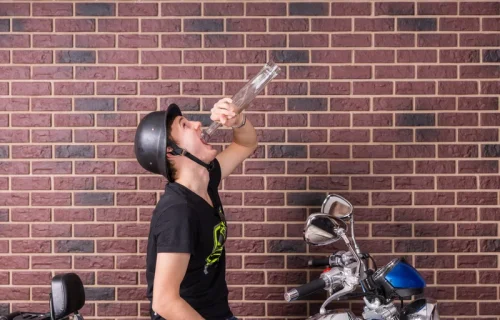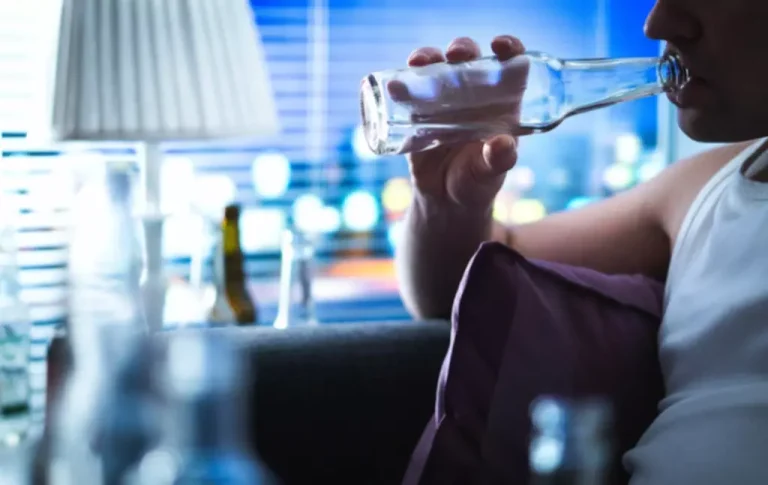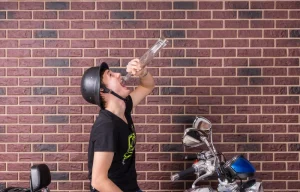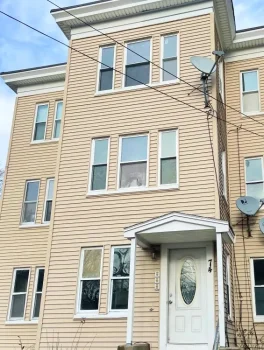Alcohol Panic Attacks: Causes, Symptoms, and Prevention Strategies

Your GABA levels drop lower than normal, and glutamate surges back, sometimes causing alcohol-induced anxiety symptoms, including panic attacks after drinking. Sometimes, even just a few drinks can trigger a panic attack after drinking. Others might experience a full-blown alcohol withdrawal panic attack as their body processes the alcohol.
Respiratory Symptoms
You can also gradually reduce your intake to minimize withdrawal symptoms. Researchers are still learning about alcohol and anxiety, but it seems like genes might play a role. If someone in your family struggles with anxiety or alcohol-induced panic attacks, you might be a bit more prone to them. But remember, lots of things influence our mental health, not just genes. If you’re concerned about your panic attacks and feel that you’ve been using alcohol as a way to manage them, it’s important to understand the potential impact of this form of self-medication.
Overcoming Hemophobia: Practical Tips to Overcome Fear of Blood

Even if someone starts drinking alcohol as a way to cope with anxiety, it can quickly have the opposite effect. For one, drinking alcohol more frequently or having larger amounts can cause hangovers. Long-term alcohol use also often leads to tolerance, when a person needs to drink more to get the desired effect. For example, a person might have started feeling more relaxed after just one glass of wine.
- If you suspect that you have an alcohol use problem, effective treatments are available.
- Understanding the relationship between alcohol and anxiety can shed light on this perplexing phenomenon.
- Figuring out the difference between a hangover, a regular panic attack, and an alcohol-induced panic attack can be tricky.
- Even if someone starts drinking alcohol as a way to cope with anxiety, it can quickly have the opposite effect.
- This type of self-medication can lead to alcohol dependency and may result in regular, alcohol-induced panic attacks.
- Understanding this relationship is crucial for those looking to manage their anxiety and improve their overall well-being.
Panic Attack Symptoms

Anxiety disorder symptoms can disrupt a person’s life, making it difficult to work, participate in social events, and maintain relationships. In fact, drinking can change the chemistry of the brain in a way that actually makes anxiety worse. Knowing how alcohol affects anxiety may make it less tempting to have a drink to cope. Drinkaware UK provides some useful online tools to help you to reduce your alcohol intake. It is also recommended that you consult your GP if you are concerned that you have a drinking problem. Up to one third of people will experience at least one panic attack in their lives, according to clinical psychiatrist Cindy Aaronson.
Alcohol’s Effect on Your Brain

Speaking with friends and family can help them prepare to support you when a panic attack strikes. It is also important that your seek support from your GP, who will talk you through available treatment options. Once you’ve cut down your drinking (or stopped drinking altogether), keep going like this for a couple of weeks. Most people can expect to see an improvement in their anxiety symptoms in this time as the brain’s balance of chemicals and processes start to return to normal and you experience better quality sleep6.
Conversely, excessive alcohol consumption can increase the risk of developing anxiety disorders, creating a vicious cycle of co-occurring disorders. Untangling the interconnected nature of anxiety and alcoholism requires comprehensive assessment and tailored treatment approaches that address both conditions simultaneously, focusing on holistic well-being and long-term recovery. This is because alcohol acts as a depressant on the central nervous system, altering brain chemistry and potentially triggering or intensifying feelings of anxiety. Additionally, the physiological effects of alcohol withdrawal can also contribute to increased anxiety levels. Some people struggle with a disorder known as alcohol-induced panic attacks, in which they suffer from regular panic attacks after drinking alcohol. Studies have shown a different trend of alcohol use in people who are diagnosed with generalized anxiety disorder or panic disorder.
- It affects brain chemistry, particularly GABA, a neurotransmitter that normally has a calming effect.
- If a person uses alcohol as a form of self-medication, it can quickly escalate into a serious problem.
- Hangxiety, as it’s sometimes called, occurs when the initial relaxing effects of alcohol begin to wear off, and heightened anxiety takes its place.
- Let’s explore the key information you should know about dealing with an alcohol-induced panic attack.
- Physical exercise, incredibly when intense, raises heart rate and may resemble the physical state of a panic attack, potentially triggering one in susceptible individuals.
- Alcohol consumption can have immediate effects on anxiety levels, sometimes leading to anxiety attacks or heightened anxiety shortly after drinking.
In order to find out which medications might be appropriate, they need to conduct a full evaluation. At Talkiatry, first visits are generally scheduled for 60 minutes or more to give your psychiatrist time to learn about you, work on a treatment plan, and discuss any medications that might be included. “Hangxiety” describes the regret, worry, and levels of anxiety felt after a night of heavy drinking. While the term may be informal, the science isn’t—there’s plenty of data to explain this experience. According to the World Organization, approximately 70 percent of people experience a traumatic event during their lifetime. These can cause different reactions in individuals, including stress.
- Anxiety disorder symptoms can disrupt a person’s life, making it difficult to work, participate in social events, and maintain relationships.
- If you are concerned that you are experiencing panic attacks as a result of your alcohol consumption, it is recommended that you cut down or completely stop drinking.
- A panic attack comes on suddenly and typically peaks within minutes, with intense symptoms like chest pain, a racing heart, and fear of losing control.
- Focusing on the present moment, without judgment, can also help during a panic attack.
Perfectionism: How to Challenge its Negative Effects

To avoid this bias, epidemiological data drawn from large-scale community samples can provide the most informative figures. Some may experience an onset of anxiety attacks shortly after consuming alcohol, while others may notice a alcohol-induced panic attack sudden escalation of existing anxiety symptoms. Understanding the immediate impact of alcohol on anxiety is crucial for individuals navigating their mental health and making informed choices about alcohol consumption.


